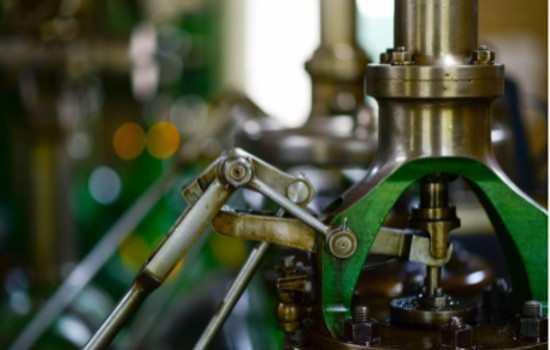Returning guest contributor, Jori Hamilton, writes about the role artificial intelligence is playing in helping businesses to adopt sustainability practices. As industries begin to contribute to the overall move of society to a net-zero emissions future, a new Industrial Revolution is emerging based on circular economic principles using all the tools that AI has in its arsenal. As always I invite readers to comment.
Artificial Intelligence (AI) is empowering the new Industrial Revolution, one based on sustainability with energy efficiency, waste reduction, and green material application to all processes from material sourcing to the end-user customer experience.
Manufacturing business processes lend themselves to the use of AI tools. As use cases for the technology expand, we are beginning to get a clear picture of how AI is improving all facets of manufacturing.
Streamlining Efficiency
Applying AI can lead to efficiencies from data collection to management decision-making. The top e-commerce manufacturing trends include companies being able to shift with the constantly changing landscape whether it be at the supply end or in customer interactions.
So where does sustainability fit in? A good example is Uptake, a Chicago-based company that develops AI software for manufacturers and other industries to study the amassed data of these businesses and make suggestions on how to holistically improve operations from reducing energy costs, and carbon footprint, while optimizing labour and product quality.
Preventing Waste
Industrial waste produces as much as 50% of the world’s garbage. Applying AI tools can offer insights, data organization, and analysis, to allow factories to implement smart zero-waste policies and procedures.
For Subaru of Indiana, the company has already achieved a zero-landfill status by reducing, reusing, and recycling the waste it produces. Using AI to categorize all materials that go into manufacturing and ensure they can find a new purpose, produces patterns that can lead to the implementation of closed-system circular processes that eliminate waste and recycle where possible.
Reducing waste is a key strategy in moving towards a net-zero future. It is also critical to any new green business. So what makes a business green? One that combines economic sustainability with social justice principles that include living wages, benefits, and labour inclusivity in the operations and decision-making of the company. Applying AI tools can help management see the whole enterprise more clearly through data mining, seeing trends, and making suggestions for overall process improvements.
Using Alternative Materials
Alternative, renewable materials are important components of truly sustainable manufacturing. This means biodegradable plastics and parts that require fewer non-renewable elements in their construction. In many cases, implementing alternative materials in manufacturing is only possible with the help of AI.
Alloys that are stronger and better for the environment than metals and plastics exist. However, finding the right combinations of these materials can be incredibly difficult. Researchers using AI at the SLAC, National Accelerator Laboratory for example have been using machine learning to find replacement materials at a 200 times faster rate than by conventional experimentation. They have been able to produce metallic glass that is stronger, harder, and more corrosion-resistant than steel.
A Sustainable Future through AI
These are just three of the ways AI can improve the sustainability efforts of manufacturers around the world. Because AI operates on data analysis, the number of innovations it can produce is virtually unlimited. As scientists and manufacturing professionals continue to team up on creating efficient alternatives through AI, we can count on a cleaner and less wasteful world.
If you are a manufacturer reading this posting, you can enjoy the many benefits of sustainable manufacturing through AI-powered insights. Integrating these tools can help to create savings and efficiencies to take your business into the future, all while making the world a better place for future generations.









